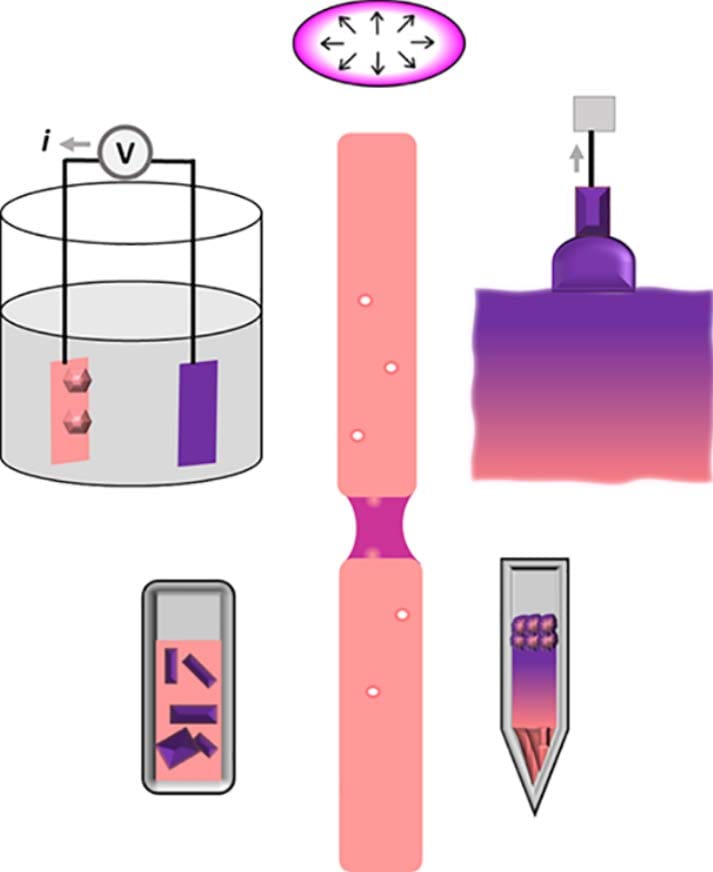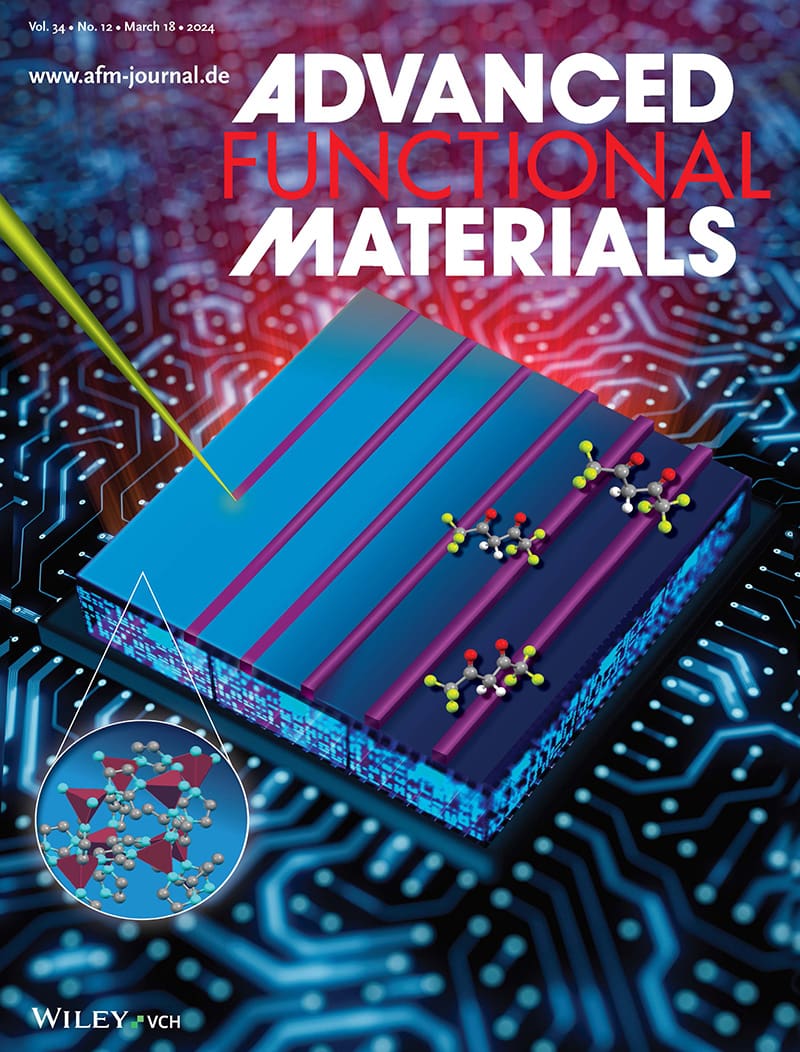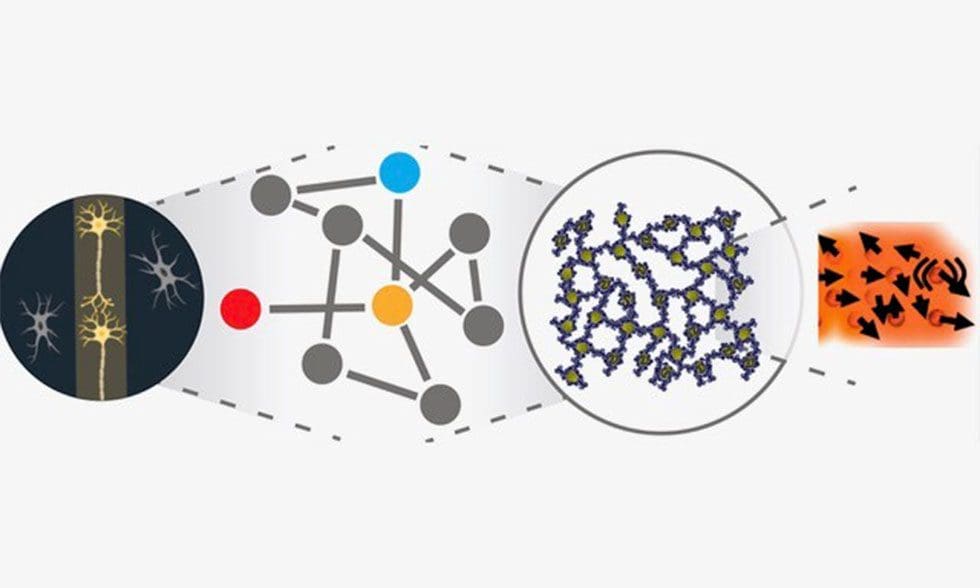Our cross-disciplinary faculty are focused on the rational synthesis and characterization of new classes of organic, inorganic, and solid-state materials. Research groups are engaged in the study of electronic materials spanning molecular, 1-d, 2-d and bulk regimes, Janus particles, porous materials for energy storage, nanomaterial growth, cluster assembled materials, and conductive polymers. Opportunities for basic and applied research abound in areas including: catalysis, solar energy conversion, environmental remediation, optical and quantum computing, multiscale modeling of structure and dynamics, and biological imaging, sensing and repair.
Groups: Bowen, Bragg, Fairbrother, Hernandez, Kempa, Klausen, McQueen, Thoi, Tovar
Our Findings
-
Tools and Tricks for Single Crystal Growth
The last few decades have seen significant improvements in the techniques used to synthesize single crystals, such as the silicon that underpins all microelectronics. What is often missing from these […]
-
Zinc‐Imidazolate Films as an All‐Dry Resist Technology
The Fairbrother Group in collaboration with the Tsapatsis group in Chemical and Biomolecular Engineering have introduced a new direction for solvent-free lithography, offering the prospect of scalable high-resolution patterning techniques […]
-
Autonomous Computing Materials
The Hernandez Group has joined a cross-disciplinary team in response to NSF’s “Harvesting the Data Revolution” Initiative to propose and develop autonomous computing materials capable of keeping pace with Moore’s law […]


